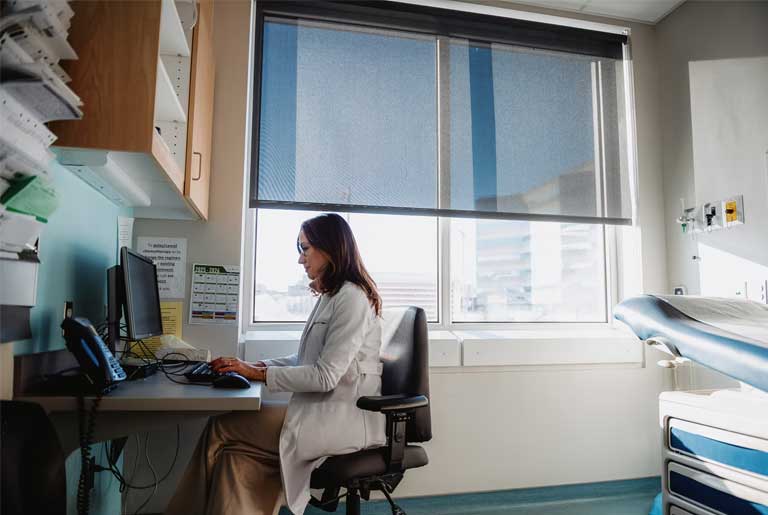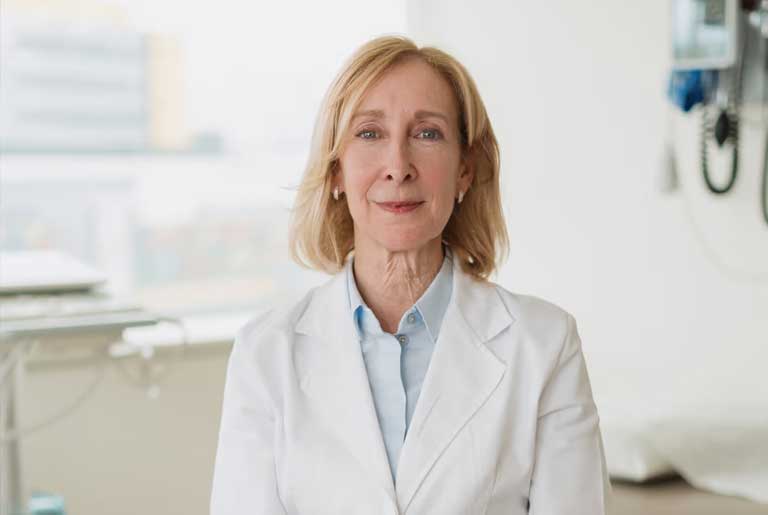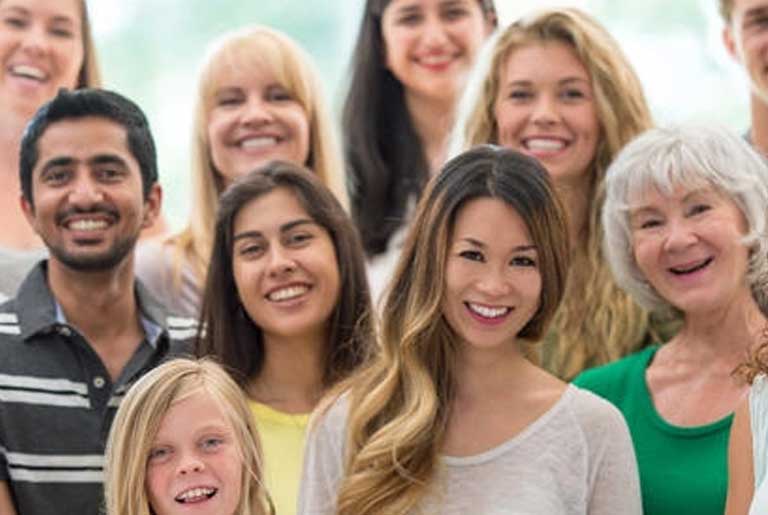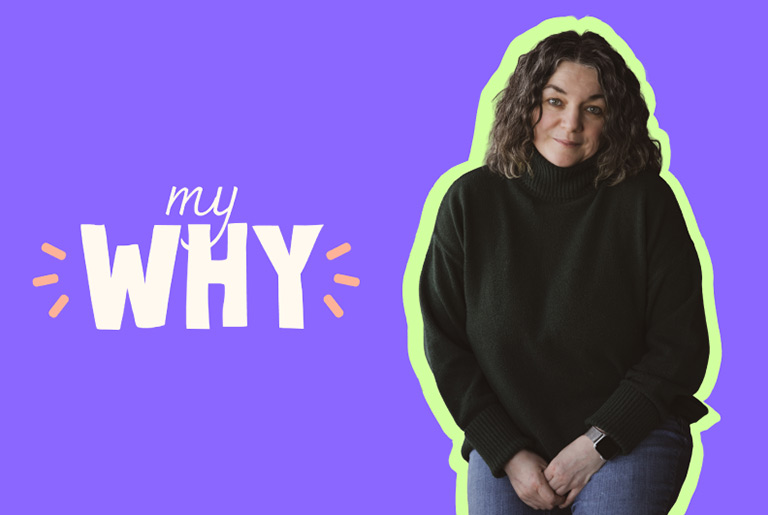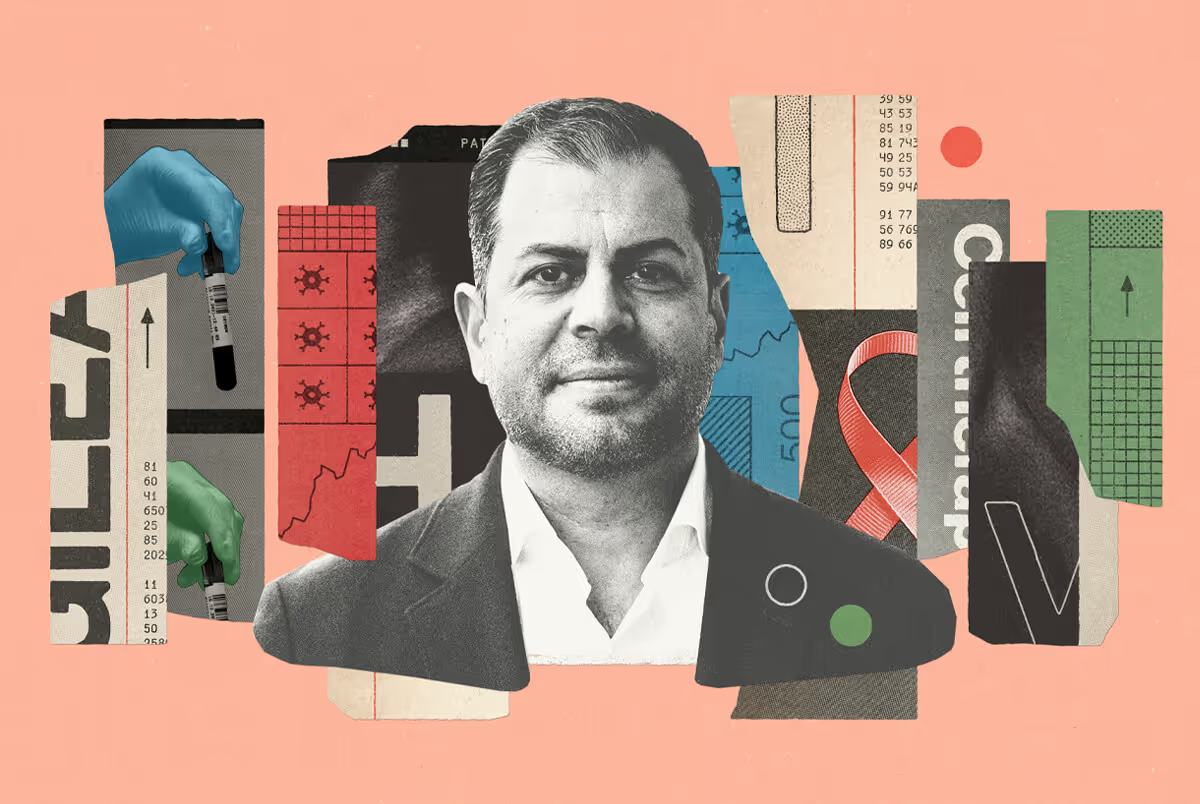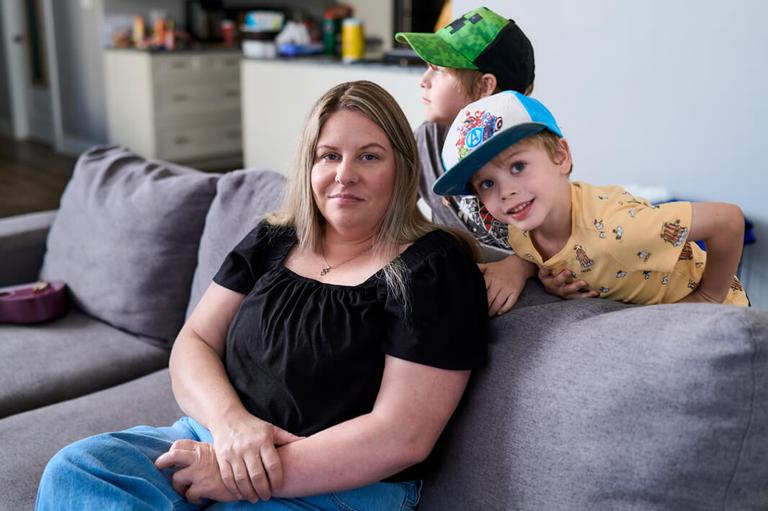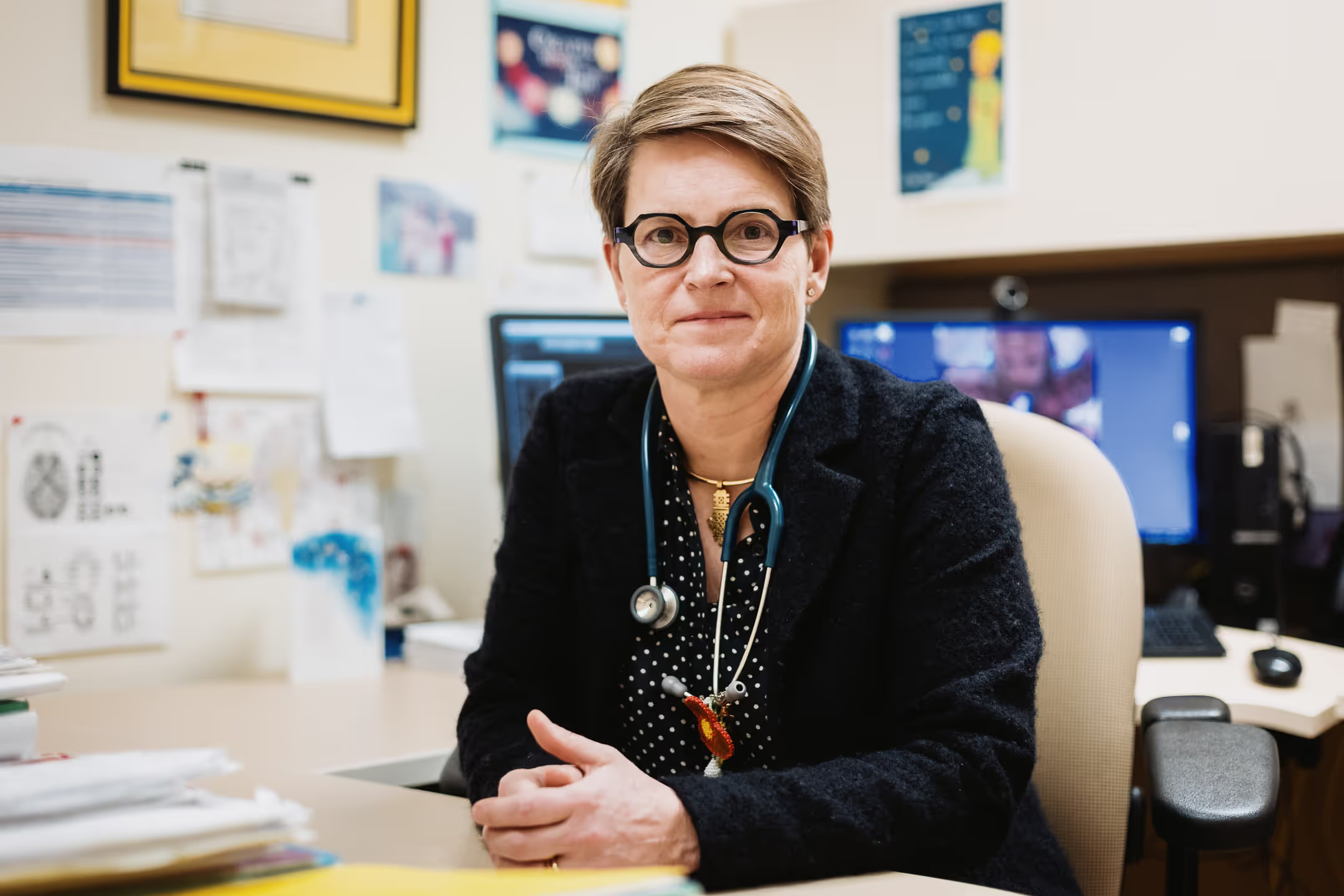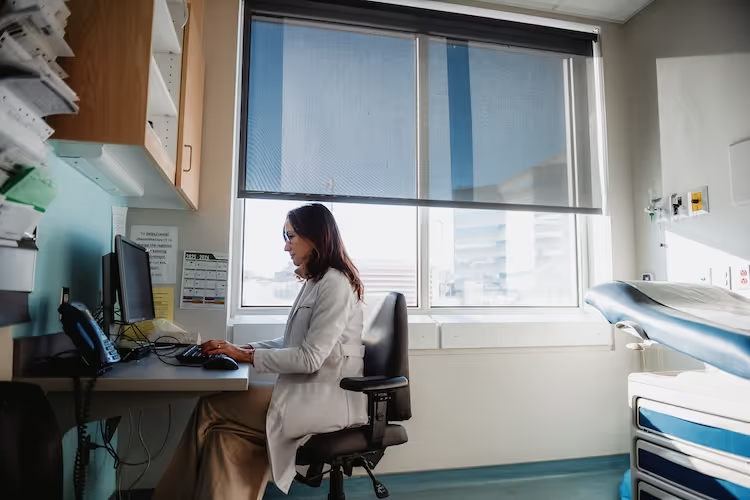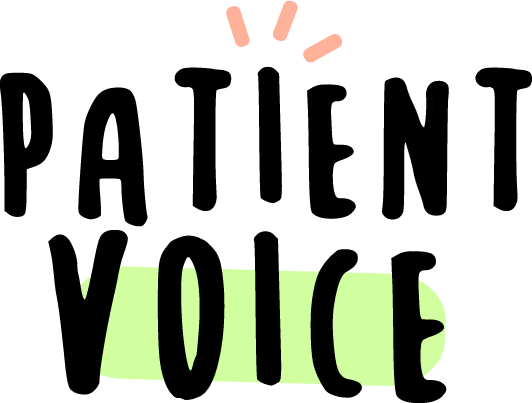“As a young child, I started to experience issues with coordination, movement, and chronic pain, and was eventually diagnosed with both dystonia and ankylosing spondylitis. Growing up in Nova Scotia, it was a struggle to find the right treatment plan and I had to travel to see different specialists across Canada and the U.S. This was especially difficult because my symptoms were somewhat atypical and it was a challenge to find treatments that helped. I’ve had to undergo countless complex procedures and extended hospitalizations, and to navigate the challenging transition between paediatric and adult care systems. On top of all that, living with a disability is isolating and made it difficult to form close connections as a child.
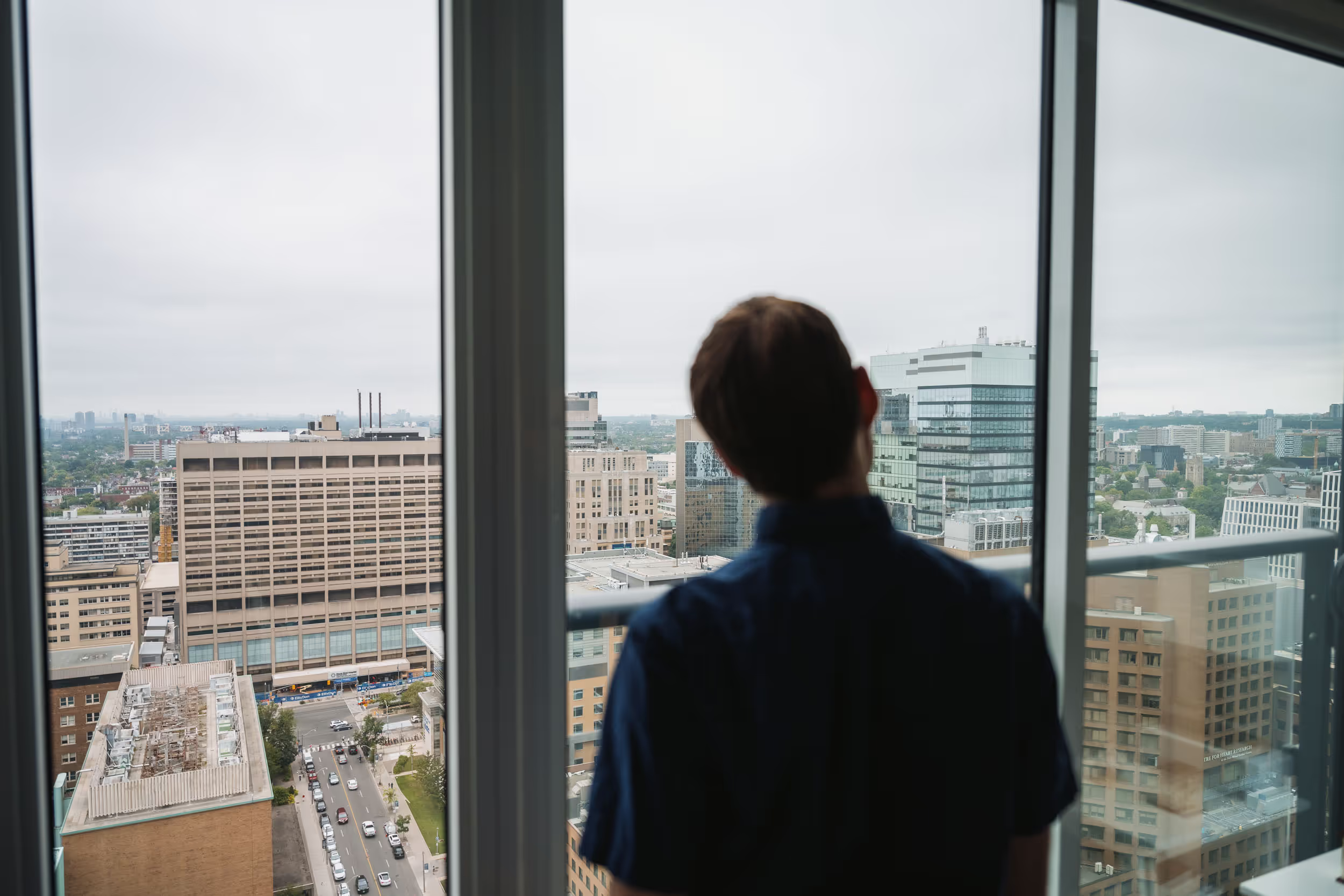
Dystonia is a neurological condition and I spent a lot of time around health care professionals, including neurologists, neurosurgeons, and geneticists. It made me interested in trying to help figure out how the brain works.
During high school, I underwent deep brain stimulation to try and prevent my symptoms from progressing. I encountered setbacks along the way, but went on to complete an undergrad in biology and a master’s in physiology and biophysics at Dalhousie. This then led me from my home in Halifax all the way to the University of Toronto, where I recently completed my PhD studying neurophysiology.
Science is such an interesting field to work in, but the scientific community isn’t really reflective of the broader population in terms of identity and lived experience. A lot of researchers who study the basic mechanisms of medical conditions like dystonia don’t actually understand the nuance of the patient experience.
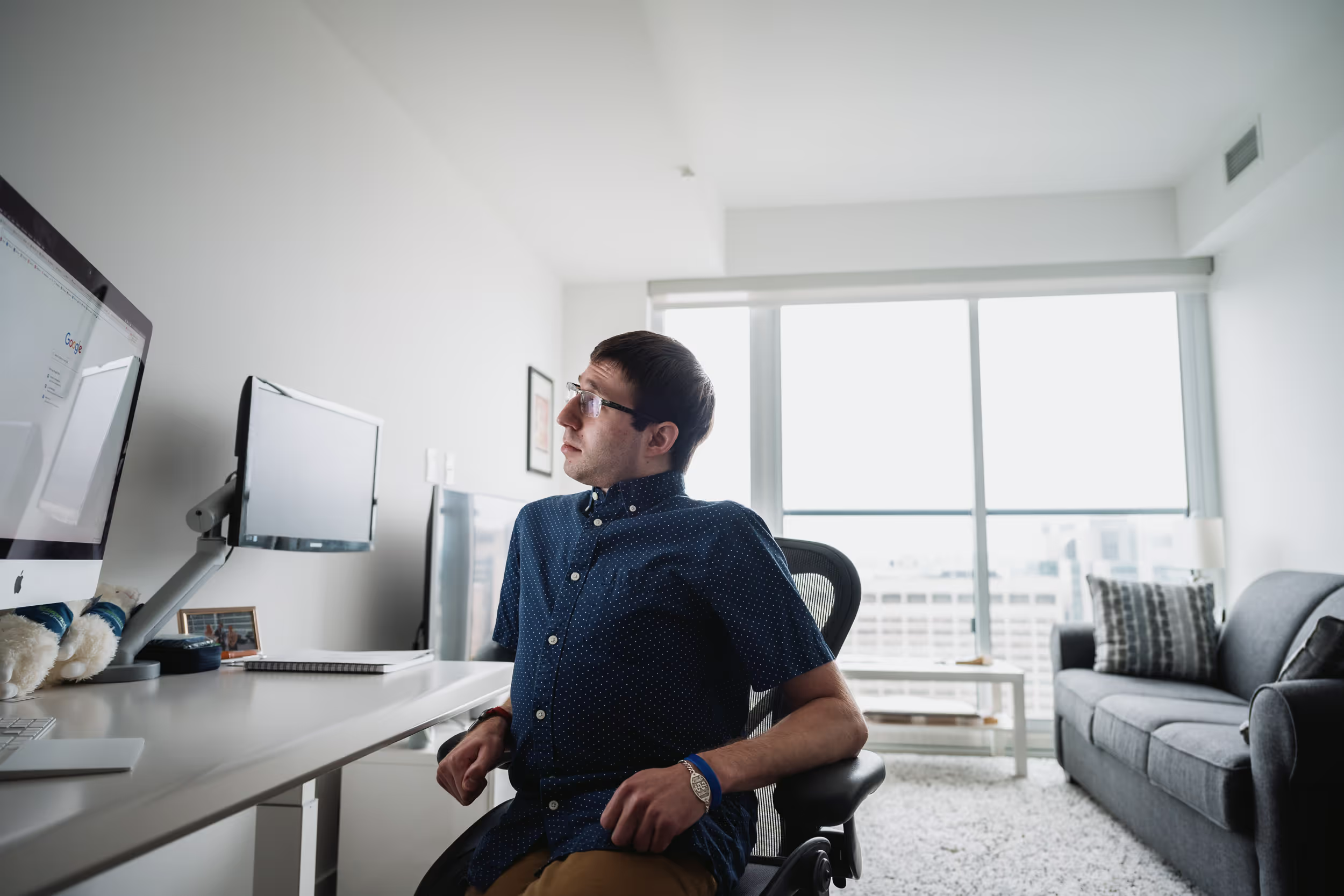
These misconceptions, along with ableism, can make it difficult to get other researchers to look beyond my dystonia and to see that I’m just as able to conduct research as anyone else. Just because I may need to do things differently, doesn’t mean I’m not just as capable.
These concepts are a big part of what I’m trying to challenge and help people better understand through my time with SickKids and the Temerty Faculty of Medicine. I’m in the process of looking for work right now and struggling; I find myself encountering many of the same barriers — including ableism — that I’ve had to face and overcome so many times before.
“…it’s society that puts barriers in place for us — therefore making it difficult for people with disabilities to participate in everyday activities.”
The concept of disability is complex and constantly evolving. Society sees a person with a disability as in need of being fixed or cured. However, it’s society that puts barriers in place for us — therefore making it difficult for people with disabilities to participate in everyday activities. We can keep trying to overcome these barriers, but collectively we should be working to remove them altogether.”
